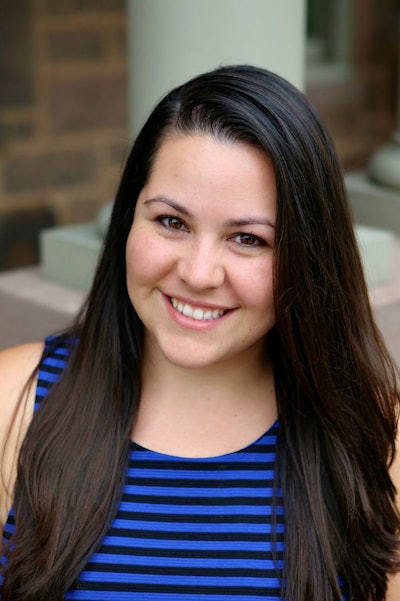A month ago, I hosted my masters cohort’s five-year reunion during Homecoming at the University of Pennsylvania.
As an alumna who stayed to work and pursue two more advanced degrees, I was excited to host my friends and colleagues in the city of brotherly love; especially since this was the first time a class from our program came together for a formal reunion weekend. The reunion gave us the opportunity to reconnect and relive our time as graduate students. Unfortunately, what was an amazing weekend ended with a sour reminder that some places and spaces will never be viewed as “home” for some of us.
At the end of the weekend, four classmates and I – all people of color – went to the university bookstore. While in the bookstore, arms loaded with university t-shirt and sweatshirt options, my classmates and I stood near the merchandise racks chatting about what we were thinking of purchasing. As we stood there, two young White women approached the area directly next to us talking to each other so loud that we could no longer hear each other. Noticing our discomfort, one of the women looked at me and said, “well you can leave, I actually go to this school, do you?” Everything about her – the tone of her voice, the look on her face and her body language – indicated that she already had her mind made up about what my response would be. I am certain that in that moment, she believed there was no way I could be a student at Penn, let alone have been a person who had already graduated.
 Paola “Lola” Esmieu
Paola “Lola” EsmieuMany other things were said, and I made sure that she walked away knowing that not only do I already have a Penn degree with my name on it, two more are on the way. Her response to this was “well maybe you should use one of those degrees to get plastic surgery and fix your face.” In that moment, she showed her immaturity. I heard everything I needed to hear to know that she was young and anything she said should not be taken to heart. Despite knowing this, the words “well you can leave, I actually go to this school, do you” stayed with me and bothered me more than I want to admit. At a time when the pressure of final papers is looming, she managed to remind me that I am an impostor. These words stayed with me because they served as a reminder that a first-generation, low-income, student of color doesn’t belong at Penn and was never supposed to make it this far.
I realize that this young woman knew, without a shadow of a doubt, that she belonged in the Ivy League. She knew that she was at home, and as such, she had permission to take up as much space as she wanted. She could come stand by a pair of people of color and make a ruckus because this is and will always be her home.
Now that I have had time to reflect and regain my academic confidence, I am reminded of words that I have shared with other students of color. While it is true that certain institutions were not made for us, we need to be here. Without our presence, attitudes about who belong at these institutions will never change. And while it is up to us as students of color to make sure we are applying to these institutions so that we can infiltrate them and do our part to change the face of them, the burden falls on the institution to make change.
As educational spaces, colleges and universities carry the burden of creating a welcoming and inclusive home for all students. Establishing an empowering and nurturing campus climate is the first step in changing student attitudes towards underrepresented students. If the institution doesn’t create a place where we can see ourselves, how will anyone else be able to see that this is our home too?
Paola “Lola” Esmieu is a doctoral student at University of Pennsylvania and the associate director for programming at the Penn Center for Minority Serving Institutions.


















